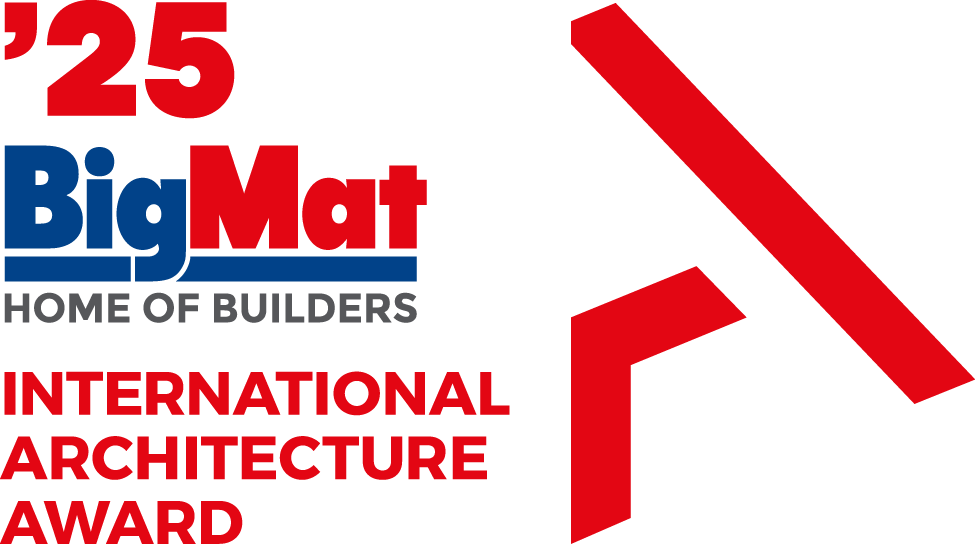Open until January 15, 2023 at the Museo ICO in Madrid, the exhibition ‘Domestic Dawns: Collective Housing Issues in 21st-Century Europe’ presents an invitation to reflect on the main concepts on which the new livability of residential buildings is based.
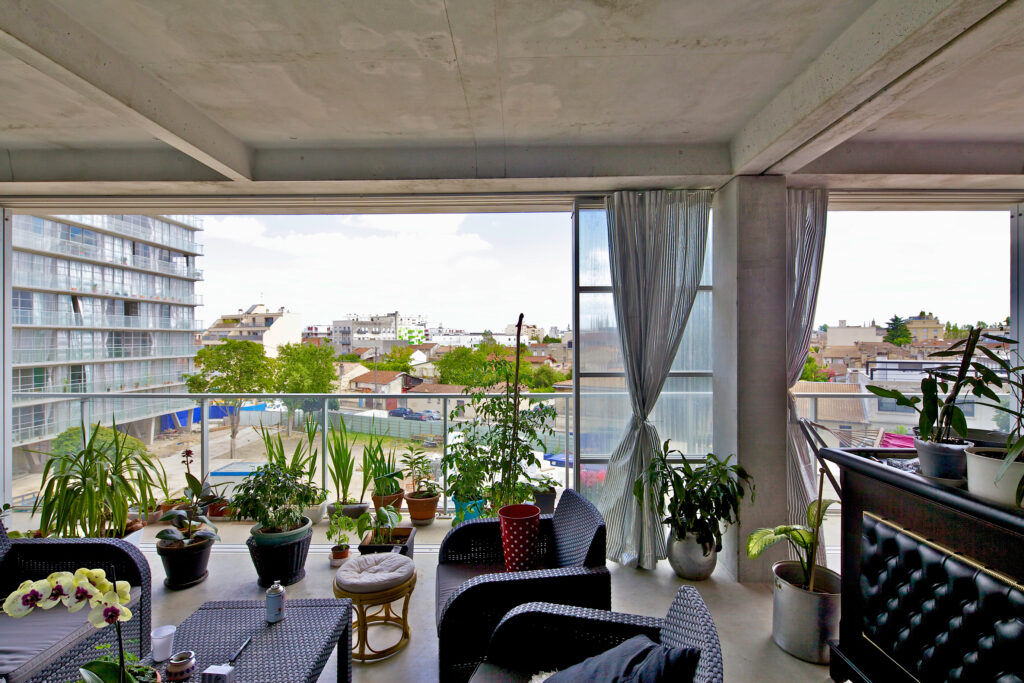
Curated by Andrés Cánovas, Carmen Espegel, and José María de Lapuerta, the exhibition presents 28 multi-household complexes built in 10 European countries in the period 2000-2021. They are organized in 7 categories – Climate Awareness, Active Recharging, Domestic Care, New Management, Urban Contexts, Living and Sharing, Iconic Identities – that precede a Covid epilogue. Seven interiors of the selected buildings are reproduced, all furnished, at a scale of 1:1.
Practical info
« Domestic Dawns »
October 5, 2022 – January 15, 2023
Museo ICO
C. de Zorrilla, 3, Madrid
Spain
The curators conducted a thorough study that involved cataloguing close to 2,500 apartment buildings in Europe. These were reduced to 54 cases in the book Housetag: European Collective Housing 2000-2021. A new synthesis was carried out for the current show.
The ICO Foundation and the General Directorate of Urban Agenda and Architecture of the Ministry of Transport, Mobility and Urban Agenda, jointly present the Domestic Dawns exhibition at the ICO Museum. Collective Housing Issues in Europe in the 21st Century, which can be visited until January 15, 2023.
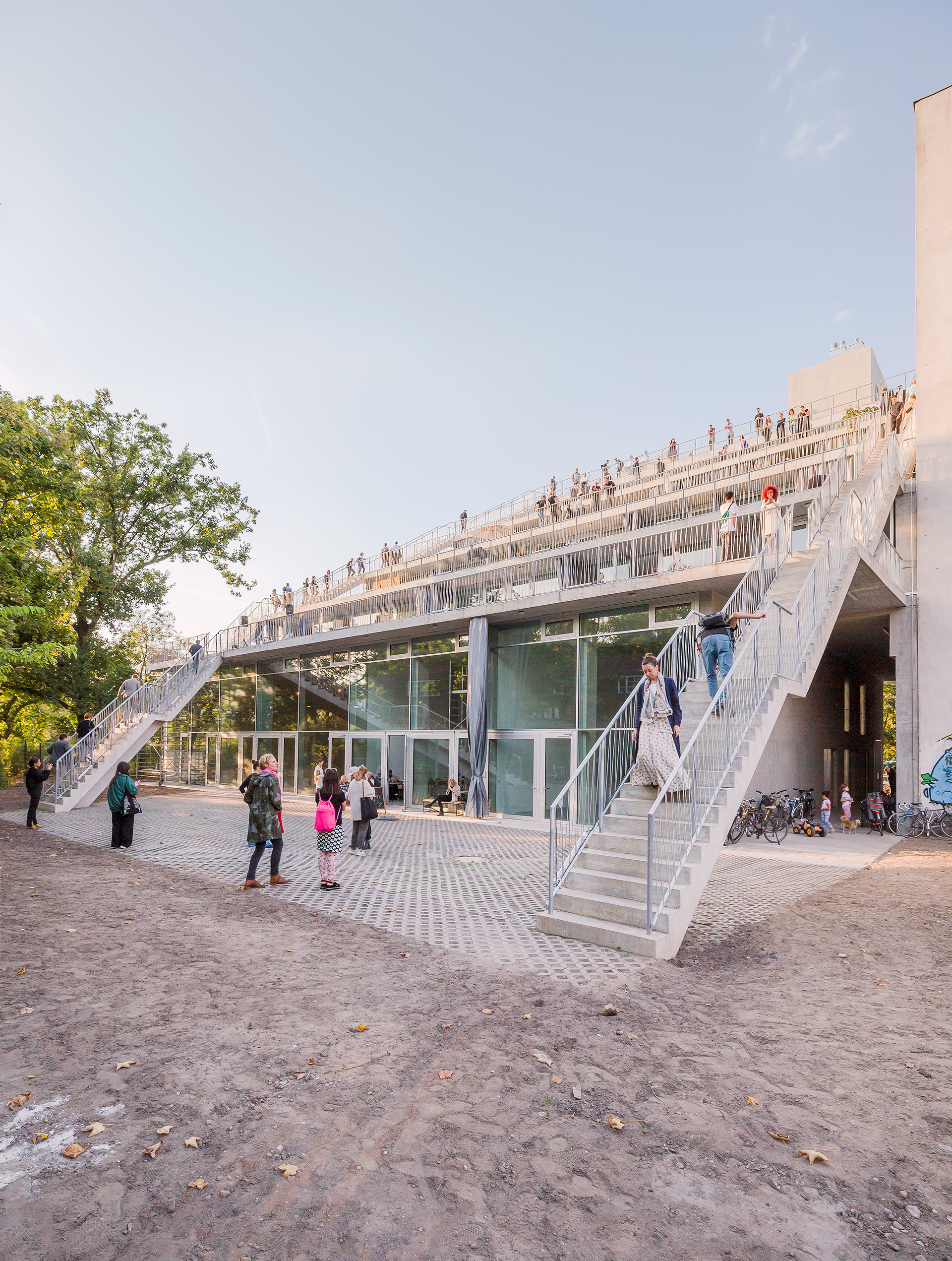
Through 28 paradigmatic examples of built housing organized around seven categories –Climate Awareness, Active Recharging, Domestic Care, New Management, Urban Contexts, Living and Sharing and Iconic Identities– plus a Covid epilogue, the fundamental concepts of the new habitability that are being developed in collective housing in Europe at the beginning of the 21st century, thus fostering a debate that provokes reflection and the involvement of professionals, administrations and society in general.
Investigating collective housing allows us to approach society as an object of study and produce results that are new forms of knowledge of it.
The investigation that we present in this case focuses on the location, analysis and processing of concepts and examples of contemporary European collective housing that constitute the operational theoretical framework of current residential architecture. The purpose is to produce a network of conceptual connections or « tags » linked to specific theoretical production focuses of European geography that is obtained from the analysis of built projects and published texts.
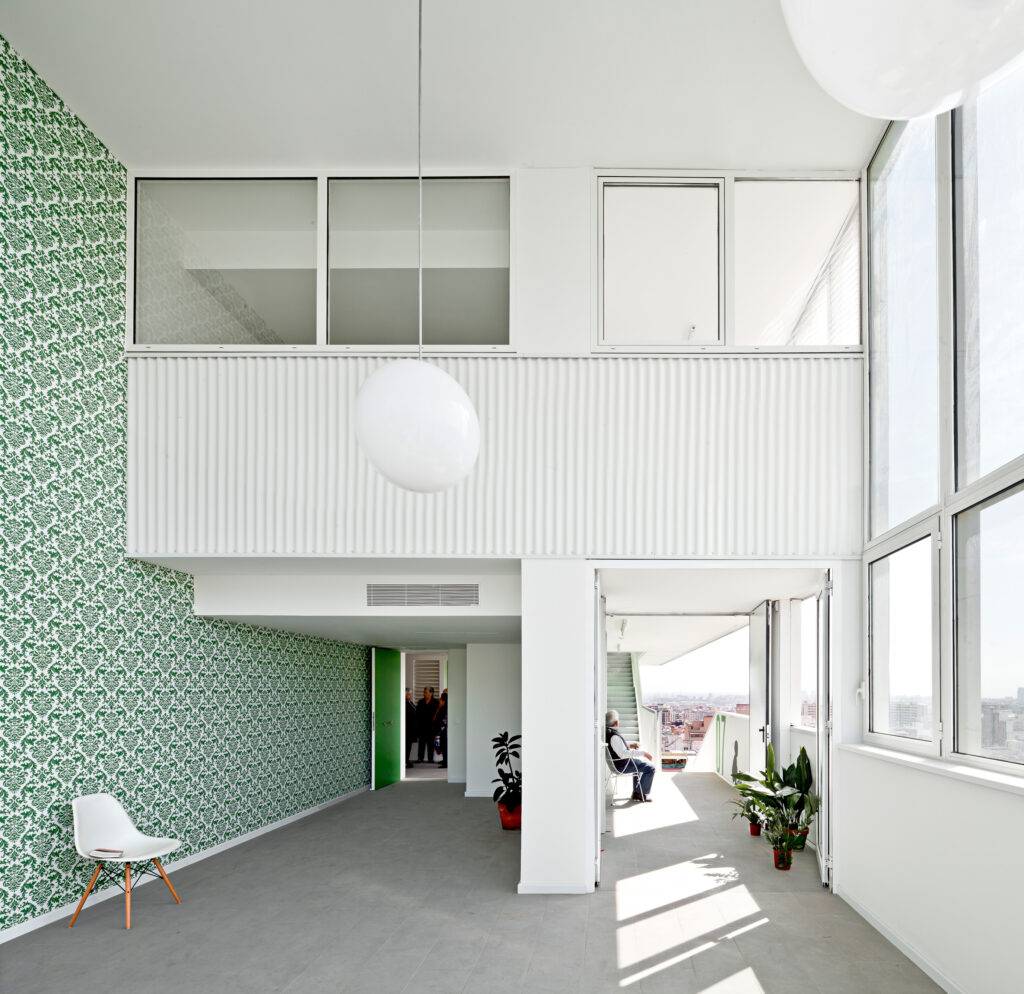
What is intended, in short, is to locate and define those key terms that begin to constitute the characteristic vocabulary of collective housing design at the turn of the century. This is achieved by deducing theory from the built works, with the endorsement of the ideas that the architects explain and the critics contribute in the publications, to try to recognize project renewal procedures, experimental initiatives and new ideas characteristic of living together in our time.
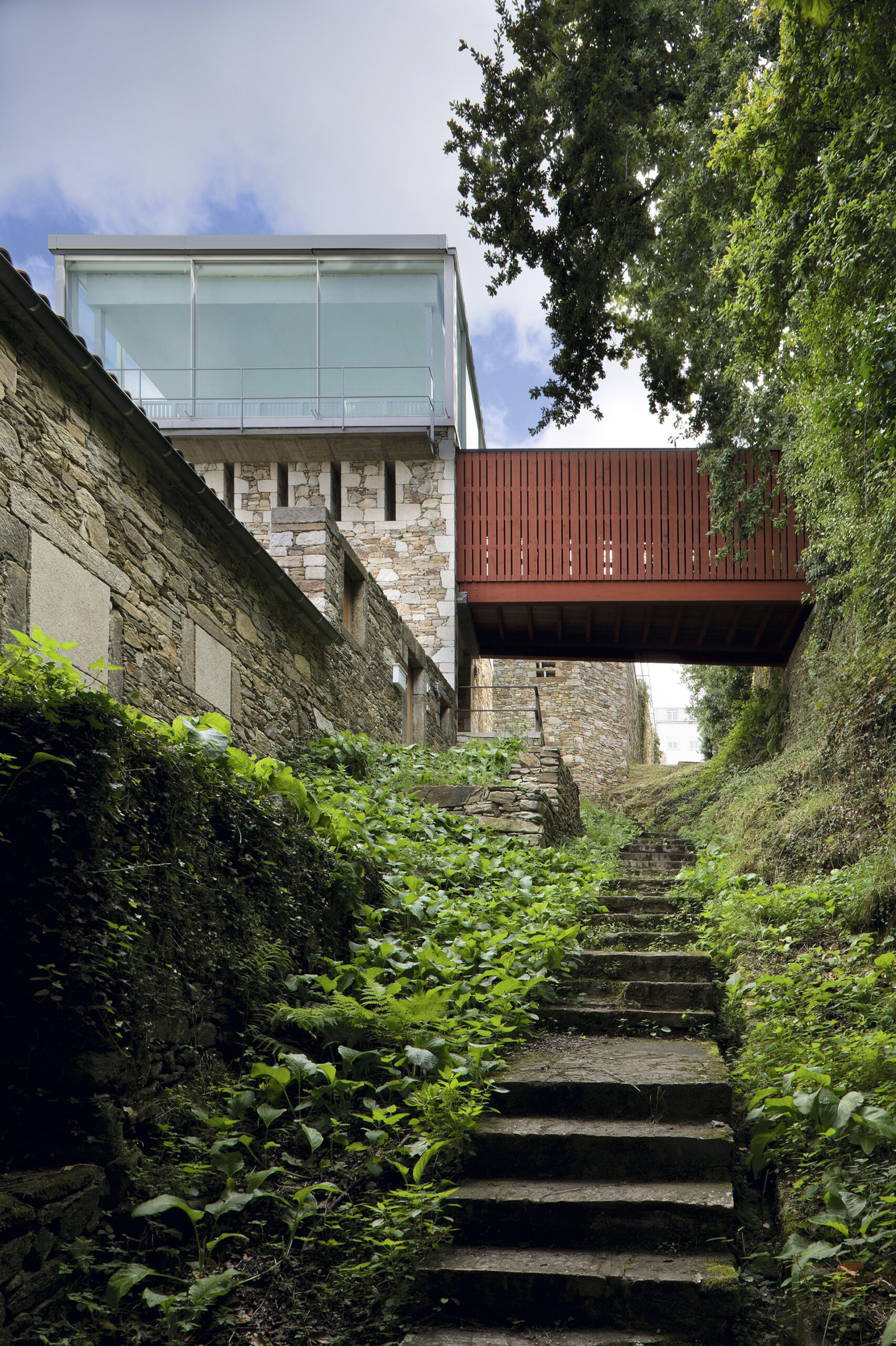
The common disciplinary tools used in the 20th century to project housing have already become obsolete. Understanding the house exclusively from the physical context, the program or from its typology is not the way to provide effective solutions to current demands. Social diversity, mixed uses, new management systems, the use of shared spaces and the sustainability of the construction and rehabilitation of old infrastructures are the issues that today’s housing design must take into account from the beginning of the project. . Therefore, it is necessary to explore and delve into the new ways of living and the different social behaviors to understand domesticity.
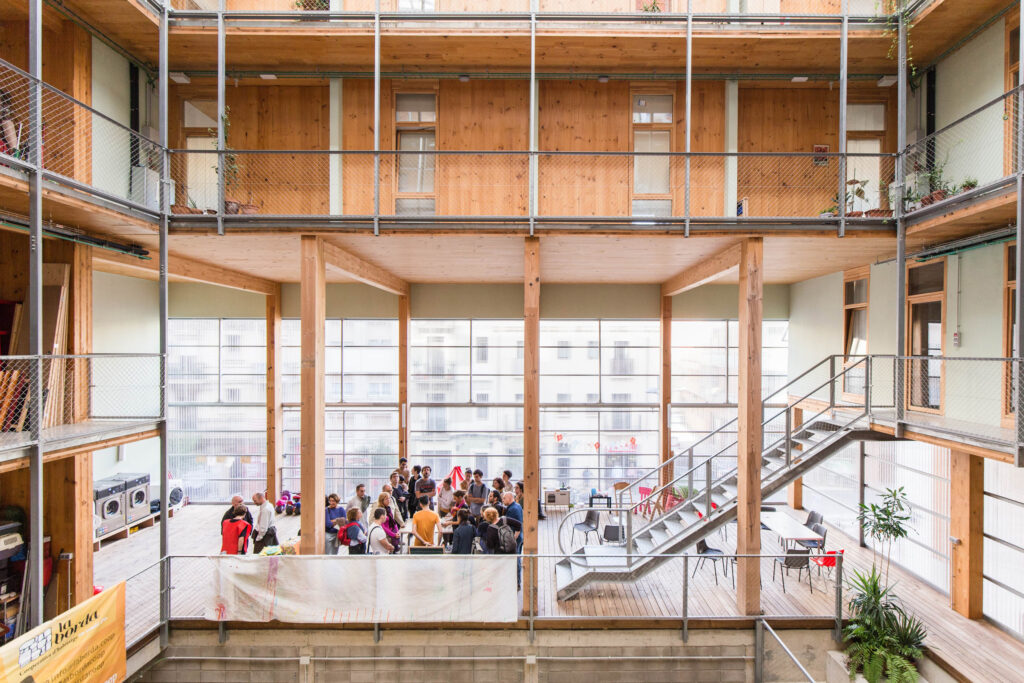
It is therefore an investigation referring to issues that are supported by built projects and not the other way around. In this sense, this exhibition proposes a direct comparison of four projects for each of the seven selected concepts. Projects are compared through their reports, floor plans and axonometric drawings as well as through different photographs.
As visual support, videos made in seven buildings that describe the daily life of these spaces reported by users are introduced in this exhibition.
As an epilogue, the digital sociability related to the pandemic isolation that anticipates a new less physical and more liquid public space is described.
The Master of Collective Housing « MCH » and the research group of Collective Housing « GIVCO » of the Polytechnic University of Madrid are the intellectual support of these collective works.
